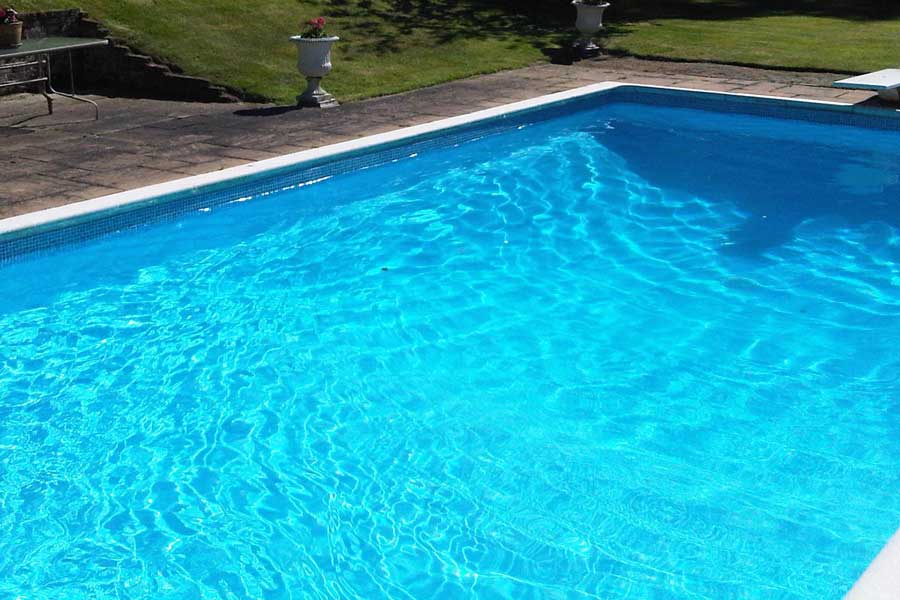You might be having issues finding an individual single family home that is detached so you might be considering a condo. Or you’re fed up of renting in want to get on the property ladder. Both of these reasons are valid reasons to look at condominiums.
On the whole, condos tend to be cheaper than single family homes. They definitely offer greater independence compared to renting, but you don’t have to deal with your own maintenance and repairs. It’s also a good way to start building equity if you do want to buy a home or house in the future.
These factors mean that a condo is a great starter property, although it isn’t for everyone. If you’re curious about the pros and cons between a condo and a home, read below.
Benefits of a Condo Over a House
More Choices When Buying – even though condos are a small slice of the US market (60% of all properties sold are single-family units) there are plenty of condos available. You’ll typically find condos and highly populated dense cities. You’ll also find them in popular holiday locations. When you look through the listings in these places, you’ll find many more condos than houses. Looking at the statistics from the national association of Realtors, there are more than 5 million single family homes sold last year. On the other hand, condos only sold 10% as much selling 570,000 units.
Condos are typically priced lower than a single family home and this becomes even more clear in expensive areas. According to the national association of realtors in November 2020, the average price for single family home $314,000 while condos were only $272,000. Regardless of what you buy you’ll need a high enough credit score to get a good mortgage.
Easier to Maintain – with a condo you rarely have to deal with anything outside of your four walls. No maintenance, no mowing the lawn, no painting, or even gutter cleaning. Sometimes mechanical systems like electrical and plumbing or the HVAC are also included. It doesn’t come for free though. You’ll pay for this through the Homeowners Association (HOA) fee that you pay each month.
Even if the building doesn’t employ full-time maintenance, they usually have a group of people who they call on when something goes wrong. Because each unit is very similar, it will be easier to figure out what the problem is and solve it in a cheaper and quicker way. It also means that you don’t have to worry about finding trades people and instead can get suggestions through the HOA and get the person on site quickly.
Amenities you Wouldn’t Get in a House – unless you’re buying a multi-million dollar house you’ll probably get some amenities in a condo association that you wouldn’t get at home. Depending on how nice the building is, you might get a gym, pool or underground parking. All of these things can come in handy and are a benefit of living in a condo. The more amenities you have, the higher your HOA bill is likely to be. Keep this in mind when looking at properties.

In some condominium complexes you will get great amenities including pools and gyms. If these are things that you use on a regular basis then they could be a great perk to living in a condo.
Cheaper Insurance, Sometimes – condominium insurance might be lower than homeowners insurance, mainly because you’re only insuring the things that are inside your walls. It’s very important to check the homeowners association insurance policy and then find a policy of your own that covers any gaps.
Drawbacks of a Condo Versus a House
Regulations and Rules – when you live in a condo, you are ruled by the HOA and so you don’t have as much freedom as you would with a house. When you own your own home, you can do what you want inside and out (within boundaries and regulations). They’re also might be limits on whether you can have pets in the common areas in a condo.
Less Privacy – you generally get less privacy in a condo compared to a house because of the shared walls and many common areas. Your neighbours are incredibly close by and so noise might be an issue. You also don’t know if the condo next door is being used for Airbnb. You might not get to know your neighbours at all.
Before you purchase a condo, ask about subletting. Is it allowed and what are the regulations. If it’s a long-term rental, it’s probably fine because the tenants won’t want to cause issues, but if it’s Airbnb there might be parties and people coming and going.
Fees for the Homeowner Association– the HOA monthly fees will increase your monthly outgoings on top of your mortgage. Before you stop and think they’re too expensive, you should compare this to what it would be for a single family home in the area. If you’re monthly bill includes some utilities and services, those are bills that would have to be paid for a house and so with your fees you don’t have to pay them twice.
As we mentioned above, a condominium typically comes with more amenities. This is great if you’re going to use them, but if you are not using them then you’re paying for something that’s a waste.
Issues with Reselling – if you’re pretty sure that your condo is just a starter home, then you should look at your exit strategy when you purchase. Condos can be harder to sell, which you should factor into your plans. If your building has an association that isn’t well managed then it might be more difficult to finance a condo purchase because lenders don’t want to get involved with this. If you live in a complex, then usually has a number of units for sale and this can be a red flag to a buyer. It’s also means that you might not be able to sell your condo quickly.
Two bedrooms always have a bigger market than one bedroom. If you can stretch your budget to a two bedroom, even if you don’t need it, then you’ll be in a better place to sell in the future.


